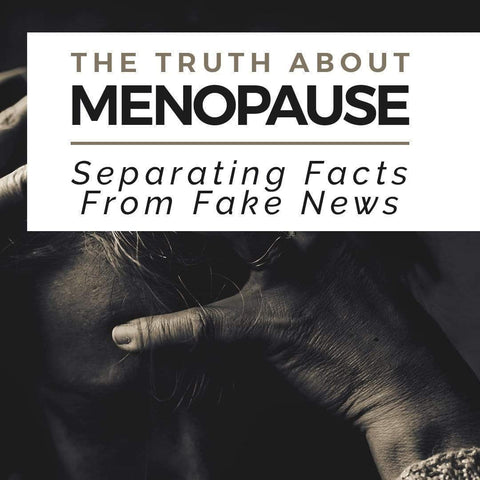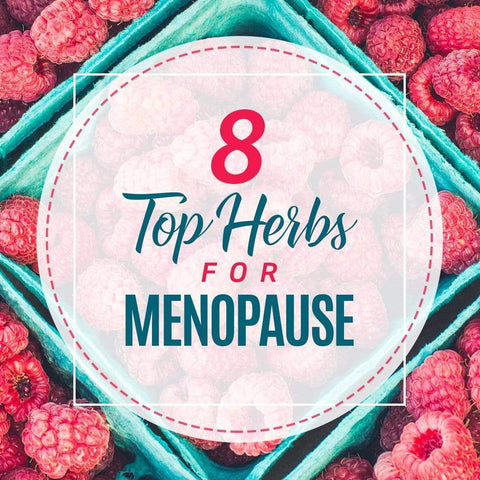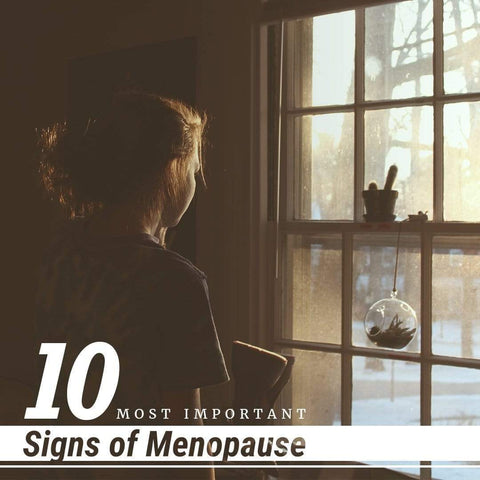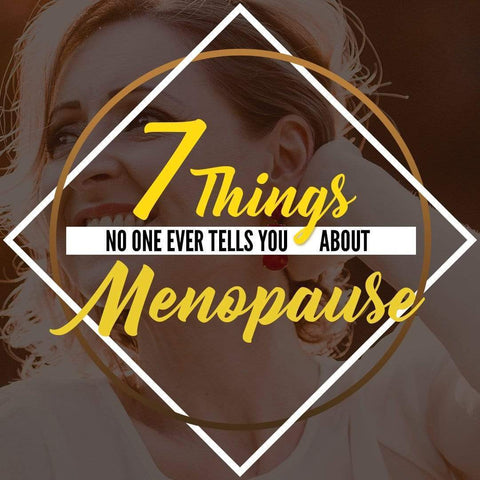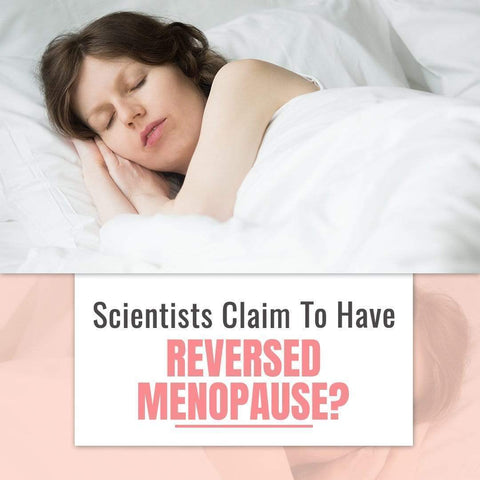
So your hormones are declining and your reproductive abilities are going into retirement.
Hormones – even sex hormones – affect your body, your health, and how you feel in a number of ways. Declining levels of hormones like estrogen and progesterone can produce a vast array of signs and symptoms that leave you feeling a bit unusual.
These hormones play many roles in women’s bodies, affecting everything from the skin to the bones to the brain.
So what are some of the signs of menopause and the end of a woman’s reproductive stage of life?
1. You’re irritable.
Many women notice that with the onset of menopause irritability increases and mood swings are common. Tiny things that once were simple annoyances can now send sufferers into attack mode. If other people seem to be wary of you because of your anger, your changing hormones could play a role in your behavior.
Researchers have found a correlation between two reproductive hormones and irritability in menopausal women 1. Luteinizing hormone and follicle-stimulating hormone help regulate the menstrual cycle and ovulation, and when levels of these two hormones change, many women experience unexplained irritability 1.
2. You're getting more wrinkles.

There are many causes of wrinkles and aging skin like chronic oxidative stress, sun damage, and glycation. But declining hormones also play a role in the thinning of skin tissue and the appearance of wrinkles.
When skin begins to thin out and there is less collagen in a woman’s body, wrinkles begin to form and become more visible.
Estrogen is so intimately involved in skin physiology that it offers antioxidant protection to skin, promotes vein formation and blood flow, and aids in moisturizing the skin 2.
Researchers clearly state that when estrogen declines, skin “becomes thinner with less collagen” 2. Estrogen is so intimately involved in skin physiology that it offers antioxidant protection to skin, promotes vein formation and blood flow, and aids in moisturizing the skin 2. In short, your skin might not look good and youthful if your estrogen declines.
Exclusive Bonus! Download the FREE report ‘12 Steps For Natural Menopause Relief’ by clicking here.
3. Your bones don't feel as Strong as they used to.
Estrogen impacts your body all the way down to your bones.
Estrogen has direct effects on how bones rebuild themselves or fail to rebuild themselves, and this hormone is crucial in keeping bones strong and protected 3. Estrogen also has indirect effects on how the immune system interacts with bones 3. Bones are damaged and weakened by excessive inflammation and oxidative stress caused by an immune system that is dysregulated because of inadequate estrogen levels 3.
In short, researchers note that declining estrogen levels cause bone loss 3.
4. You gain weight easily.

If you have recently gained weight without overeating, your hormone levels – both estrogen and progesterone – could be declining.
Researchers think that estrogen and progesterone increase insulin sensitivity, and data has supported this view 4. The cells in your body need to be sensitive to insulin so that less is used to maintain your blood sugar balance. More insulin equals more weight gain. Insulin is an anabolic hormone that builds tissue and increases fat storage.
5. You get hot flashes.

Feel hot and sweaty all of sudden?
Researchers are sure that declining estrogen levels are at least partially responsible for hot flashes 5 A lack of estrogen is involved in the excessive activation of the sympathetic (fight or flight) nervous system, which causes a feeling of extreme warmth, sweating, and sometimes shivering 5 .
Scientists are sure that estrogen plays a large part in the cause of hot flashes because when estrogen is administered, hot flashes stop in many cases 5.
6. Hair is growing on your face.
Growing unwanted hair on your face? During menopause, many women experience an increase in facial hair, especially on the chin 6.
7. You are not as fit as you once were, or you’re losing muscle.

The loss of estrogen loss is associated with muscle loss 7. In addition, with lower estrogen levels, it may be harder to gain muscle 7.
It is thought that muscles lose mass when estrogen declines. 7. Estrogen might also keep muscles and mitochondria healthy 7.
8. You have trouble remembering things.
Brain power, memory, and cognitive issues are frequent complaints of women going through menopause. Estrogen (or lack thereof) affects the brain as well!
Loss of estrogen is indeed correlated with cognitive problems 8. Researchers explain one reason why this might be: “Estrogen influences several neurotransmitter systems, including acetylcholine, serotonin, noradrenaline, and glutamate. Acetylcholine is important in memory processes” 9.
Loss of estrogen is indeed correlated with cognitive problems 8. Researchers explain one reason why this might be: “Estrogen influences several neurotransmitter systems, including acetylcholine, serotonin, noradrenaline, and glutamate. Acetylcholine is important in memory processes” 9.
9. You experience insomnia.
Researchers describe sleep symptoms associated with menopause as “difficulty falling asleep, frequent awakenings, and less restorative sleep” 8. “These problems tend to get progressively worse as time goes by” and “may eventually result in insomnia” 8.
By the time post-menopause arrives, “as many as 63% of post-menopausal women may suffer from insomnia” 8. Wow. Something to look forward to, right? Loss of estrogen and circadian rhythm abnormalities are possibly responsible for these changes 8.
10. You have low mood more often.

Menopause is certainly associated with an increase in depressive symptoms 10.
This must be a result of the effect of estrogen on neurotransmitters.
Is There Anything You Can Do About Menopausal Symptoms?
Nutrition and natural medicine can certainly affect how you feel during menopause. Various dietary and herbal practices can alter the symptoms you feel.
Our new guide reveals the secret to lasting menopause relief and how “hormone mimetics” are changing the way we manage menopause symptoms.
Stop living on the sidelines and start enjoying a life again. Download the report, FREE for a limited time.




